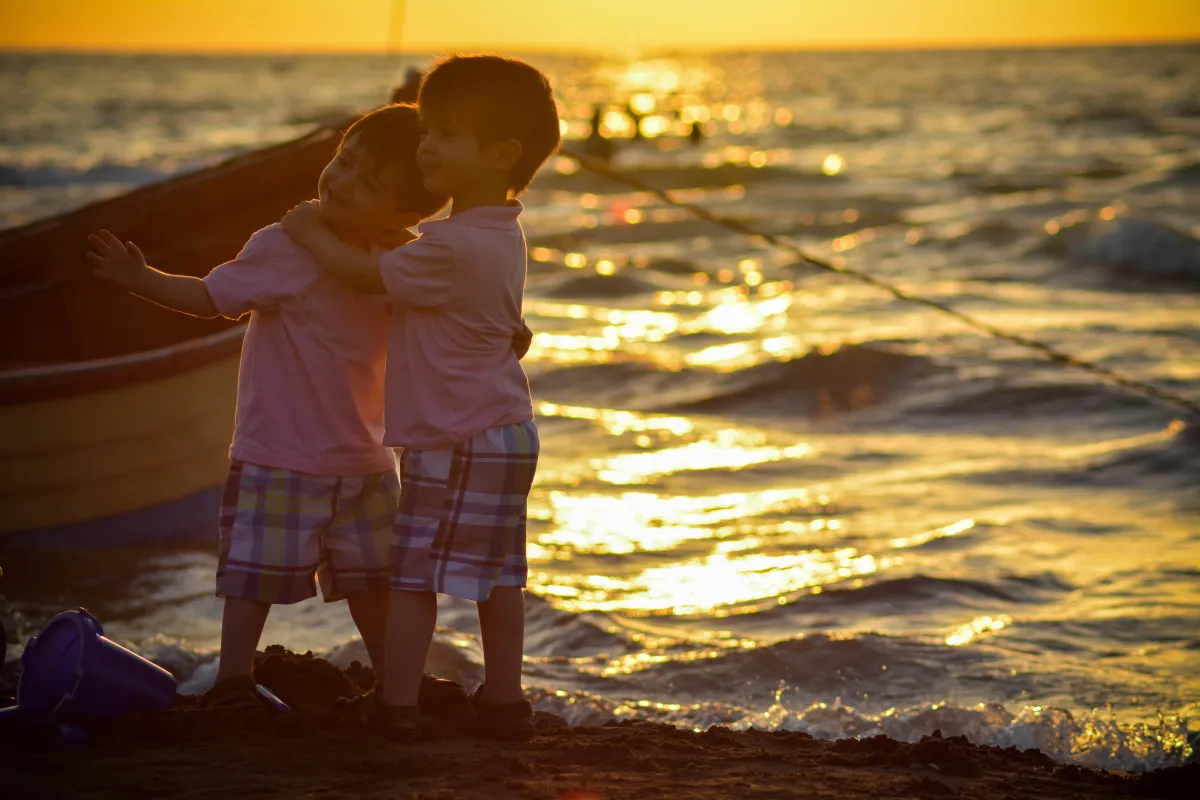
Forgive and Remember: Redefining Forgiveness in Relationships
By Philip Joks
“True forgiveness comes in the form of forgive and remember and committing to doing something different for yourself next time.” Experiencing Love Ep 132
Hello, and welcome to Experiencing Love. I'm your host, Philip Joks, and I'm so glad that you're here. I was going to wait until a little bit later tonight to record today's episode, but I was feeling a bit inspired about a topic I wanted to explore and decided that there's no better time than the present to just take action and do what I want to do. So the topic that I wanted to explore is forgiveness. Forgiveness, I believe, is truly a sign of love. In order to really forgive someone else, you have to first forgive yourself and really love yourself and those around you.
I want to give some backstory first as to why this is even on my mind, where this came from. Today I was having a very long discussion with my mom before, during, and after dinner, and she was sharing with me her recollection of some old family history. It was some history between her siblings and this experience, this situation where there was a fight, and it lasted for maybe a couple of days, a couple of weeks. And she was asking me the question, I don't understand how siblings can fight for long periods of time and there can be resentment between them. And there are many ways that this could be the case. But I was curious and I kept listening.
And she explained that her mom really instilled the value in her and her siblings that your siblings are some of the most important people in your life, and at times they may be the only people you have. So make sure to maintain good relationships with them and to love them and to stick together throughout the conversation. And when my mom was explaining this argument that happened, I realized one thing, and it was that not all of my mom's siblings were instilled with the same value. My mom definitely was. And it greatly impacted her. Her actions, her thoughts, her beliefs, and how she handled her part in the situation. And her siblings reacted way differently.
Anyways, moving a little bit on from that, we ended up talking about the idea of forgiveness and how even after that whole situation happened and it's since blown over countless times, there's been apologies and forgiveness being granted, there's still some tension, and it's tension that has been difficult to get rid of. My mom was asking about how something like that can happen, and I explored the idea with her. I started out by thinking about forgive and forget and how that's not really what happens in that situation. I believe that the quote, "forgive and forget" is just a mask. It's a disguise for the goal of forgetting the pain. I believe that anybody who says they want to forgive and forget really just wants to forget any discomfort that they experienced, any pain, any suffering. So they say, "I forgive you," and they move on.
From personal experience, I know that doing that is not enough. Because firstly, when you forgive and forget, you don't give yourself space to forgive yourself. You don't give yourself permission to reflect, to take responsibility for your actions, for your part, and then to forgive yourself for those actions. Like my mom, you may be wondering, what do you have to forgive yourself for? And I believe that whenever you get hurt, there's this inner part of you, I refer to it as my inner child, that is also hurt by someone else's actions. And that inner part of you is hurt. It's almost a strange phenomenon that happens that you are mad at yourself for getting mad, or you are mad at yourself for getting hurt, or mad at yourself for accepting the pain or accepting that someone wronged you.
I haven't quite figured out how to describe it yet, but I know that real forgiveness starts when you look inward and you forgive yourself for feeling hurt. This comes off of a branch of we are in control of our emotions. And so if we're ever hurt, it's because we allowed ourselves to get hurt. So there's this inner part of us that wants us to apologize for allowing ourselves to get hurt. I am not a thousand percent sure whether or not that makes sense, but I think through talking about it, it'll make more sense. So that's what I'm doing here. I'm exploring with you.
Anyways, so when you get to the point that you forgive yourself, you learn to let go of the fear of pain. There's fear that anytime you remember when someone hurts you that you will feel that pain again. When you learn to forgive, you get rid of the fear. Not the pain itself, but the fear of experiencing it again. I gave this analogy to my mom to try to help her understand the way I saw it. And basically it was this: There's this inner child inside of us that is watching a movie. And that movie is our life. It sees what we see, it hears what we hear, it experiences what we experience, but it's not in control of the movie. While we are the directors of this movie, we get to choose how we feel and what we experience. This inner child is just the audience.
You know, I'm sure you've seen a movie or had some experience where you were watching something happen and you felt what it would be like to be in that position. You might even get something like that in person. And it has to do with mirror neurons where you imagine what it would be like to experience the jump scare of a horror movie or the joy and bliss of finding romance in a rom-com. Our inner child feels those things and it also gets upset with us as the director when we do something that scares it or that hurts it. So it's almost as if we need to get forgiveness from our inner child. And so long as we don't get forgiveness from that inner child, we can never truly forgive and forget. Our inner child will always remember. And we may forget. We forget the pain that someone else caused us. But when we go through it again, our inner child will immediately get up and scream, saying, "See, I told you it would happen again. There we go again. There it is." And our inner child gets mad at us, the director. And as the director of this movie of our life, we then take out that anger on the other person, this person who he seemingly forgave once before. Now all of a sudden, it's this pent-up resentment and anger all coming out all at once.
So after explaining this analogy, hoping that it makes a little bit more sense, I started to explore what true forgiveness really is. And if true forgiveness isn't forgive and forget, I explored what if it's the opposite? What if true forgiveness is? Forgive and remember. Remember in that way that we don't forget the pain, we remember it. We remember that it happened, that it exists. And not in the way that we relive the pain. We just remember it as a part of our history. And the most important part is when we remember it, we actively and consciously choose to forgive ourself and the other person again and again and again. Because what we can't deny is that the pain happened, we experienced it, and forgetting it does nothing for us. It actually just delays the inevitable. Instead, when you choose to almost detach yourself from the pain, from the experience, and look at it from a place of first forgiveness, then understanding, then appreciation, and I aim to reach gratitude with these difficult moments that I go through. That's when you really free yourself.
I want to feel gratitude because I'm grateful for the lesson that someone else taught me. Anytime something does hurt you, anytime something happens in your life that does warrant needing forgiveness, it is a huge opportunity and in my eyes, a huge gift to learn and to grow from it. You can't reach the stage of gratitude without first going through forgiveness, then understanding, then appreciating, and then reaching gratitude. When we try to forgive but can't seem to let go, it's often because we haven't forgiven ourselves. We've forgiven the other person, or so we say. But there's still a part of us that hasn't gotten its resolution for the pain. And I believe this also comes in the form of being passive aggressive, where being passive aggressive is a sign that we haven't truly given forgiveness, we haven't chosen to forgive.
One thing my mom asked me was, what? Well, what if someone hurts you so much that you just decide, it's all right, I don't care anymore, I forgive you. And that's when it really became clear that forgive and forget doesn't work. Because especially in that case, you're just trying to run from the situation. And this is what I truly believe. I believe that in order to really forgive another person, you have to deeply care about your relationship with that person. From my personal experience, I know that forgiveness does not happen overnight. It is not a one-and-done. It is something that requires constant work to practice and to accomplish. Yet on the other end of that work that you have to do is a relationship that is much stronger than you've ever imagined.
I'm not sure if I shared this story on here before or not, but an experience I had was that I got into a fight with my sister. She gave me some much-needed tough love. And the things she said were very true, yet I got very hurt by the way she said some of the things she said. Now, I've had many conversations with her about this and we have since resolved it. And I remember having many of those conversations, ending them, believing that I've truly forgiven her. Yet I would step away from the conversation, the relationship, and time would go by and the pain would creep back in, as would the tension.
And one day I started to ask myself why that was. Why was it that I just couldn't quite let go and I couldn't quite feel that sense of freeness that I believed came with forgiveness. And that's where I really learned that it's because I wasn't fully forgiving her. There was a part of me that was still hung up. Later on, I realized that it wasn't that I wasn't fully forgiving her. It's that I wasn't forgiving myself for allowing me to get hurt. I don't even want to say I got hurt because that almost sounds like I'm blaming her for hurting me. But she didn't. In truth, in order for us to get hurt, we have to let someone hurt us. I let her hurt me. I let her words sting. I gave value and I gave power to her on my own accord. That allowed me to experience the emotions I had, period. Because if some random person on the street said exactly what she said, I wouldn't have felt the same thing. I gave her that power.
So I guess my inner child or this inner part of me was upset that I gave away so much power. And I haven't forgiven myself for that. When I finally did, and I made the commitment to myself to take back my power and to be able to hear tough words and have tough conversations without getting so emotional, I felt a weight lifted off my shoulders. And I truly don't know about her because I haven't talked to her about this specific thing in a very long time. But I know that on my end, I have never felt closer to her than I do right now, anytime that I'm with her. I love our conversations. I love our interactions. I feel like I'm just having a wonderful time, and that wasn't the case for a long time.
And I make sure to remember that experience now, because as I said, true forgiveness is not about forgetting. It's about remembering and consciously forgiving every single time, again and again. Specifically myself. I think the last important thing, the last important step of the process of forgiveness is the making of a commitment to yourself as to what you are going to do differently next time. Because whether you forgive the other person or not, it's our inner child that really needs that forgiveness. And for it to believe your apologies and for it to believe that this won't happen again, it needs a commitment from you to take action and do something different. This is truly a sign of growth and of learning, where you experience something hard and you learn from it. And it's one of our six human needs that we're called to fulfill.
So if I were to sum this all up, I would say forgive and forget is not real. It's a mask. It's a mask for forgetting the pain. True forgiveness comes in the form of forgive and remember. It comes in the form of forgive and remember and committing to doing something different for yourself next time. This is where that feeling of being free from the hurt that others have caused comes from. And I believe anybody who's experienced that type of pain can agree that all we want is to be free from it. To be free from it does not mean to be ignorant and to forget about what happened. It's to accept it, understand it, appreciate it, learn from it, and be grateful for it. That's where the freedom comes from. Because then you don't have to be afraid that it'll happen again.
I really hope that you enjoyed this episode and you found as much value in this revelation that I've had as much as I have. There's much that happened in this conversation with my mom that lasted about three and a half to four hours. This was just a snippet and I'm really glad that I got to share it here because I know that with this being documented, I get to hear this again one day. I get to enjoy it. I get to learn this revelation again and again and again. What a cool thing to have in my back pocket. If you enjoyed maybe you want to share this idea of forgiveness with another person. Well, do me a solid and copy this link. Share it with whoever you feel would benefit from hearing this. Maybe it's the benefit of understanding, or maybe it's the benefit of a good laugh. You guys can share how much you disagree with me. What I care about is that you have a better day after listening to this. However that looks like for you. No matter what, remember to always fill up with the love and I look forward to seeing you in the next one. I love you.
Craving a deeper dive into the heart of forgiveness and love? Tune in to the full episode that sparked this inspiring discussion. Immerse yourself in Philip Joks' enlightening journey toward self-forgiveness and learn how to embrace true freedom from past hurts. Listen now for more insights! This Episode On Spotify
Photo by Mahdi Teymouri on Unsplash


